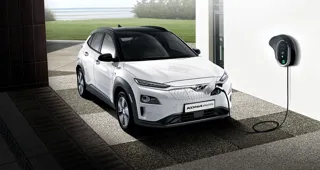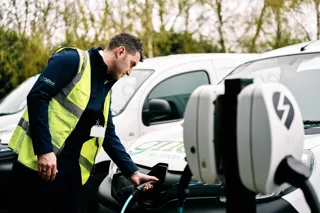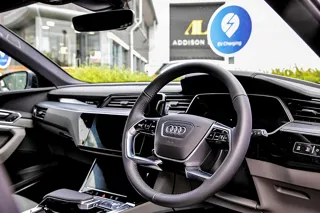Fleets which switch a 900-strong petrol or diesel car fleet to fully electric could save more than £1.9 million annually, says Deloitte.
The new benefit-in-kind tax rates , which will be introduced in April 2020, will mean that company car drivers who opt for fully-electric cars will cut employee total cost of ownership bills by 95%, says Deloitte.
The projected cost reductions are largely due to the tax incentive of the incoming 0% company car tax rate on zero emission vehicles, down from the current rate of 16%.
Deloitte’s analysis says that a higher-rate taxpayer (40%) receiving a diesel hatchback company car with a list price of £30,000, can currently expect to pay just over £18,000 in tax and fuel costs over a four-year period.
For a comparable electric vehicle, the employee total cost of ownership, which includes the cost of BIK tax, the cost of fuel for business and private mileage less any business mileage reimbursement received, reduces to £916: a saving of 95%.
|
Employee total cost of ownership (TCO)* |
Medium hatchback |
|
Diesel |
£18,006 |
|
Electric |
£916 |
|
Saving of moving to EV |
£17,090 |
|
Saving of moving to EV as % |
95% |
Michael Woodward, UK automotive lead at Deloitte, which says 28,000 new public charge points will be needed in the UK in the next 10 years, said: “We’ve seen electric vehicle popularity increase fourfold over the past year alone.
“For those thinking about making the switch, the tax changes for company cars from April 6 2020 are certainly a strong incentive.
“With a surge in demand likely, the question remains whether both manufacturers and businesses are ready.
“Over the next three years, car manufacturers will need to review the scale of their production to accommodate growth and assess supply levels into the UK.
“Fleet sales will drive the majority of demand and manufacturers will be keen to prevent missing out on sales due to lack of supply.”
He added: “For many businesses, there are operational, employee and environmental benefits in transitioning to EVs.
“However, the suitability of electric must make sense before making the switch.
“For some, EVs will already be a viable option given their fleet journey patterns, and next steps may simply be building a robust policy and plan to support wider EV adoption.
“For others, long-distance travel demands or knowing how and where to charge EVs will need more consideration.
“Businesses upgrading from diesel or petrol fleets may also require investment for on-site charge points.”
Deloitte predicts there will be 21 million more electric vehicles on the road worldwide by 2030.























Login to comment
Comments
No comments have been made yet.